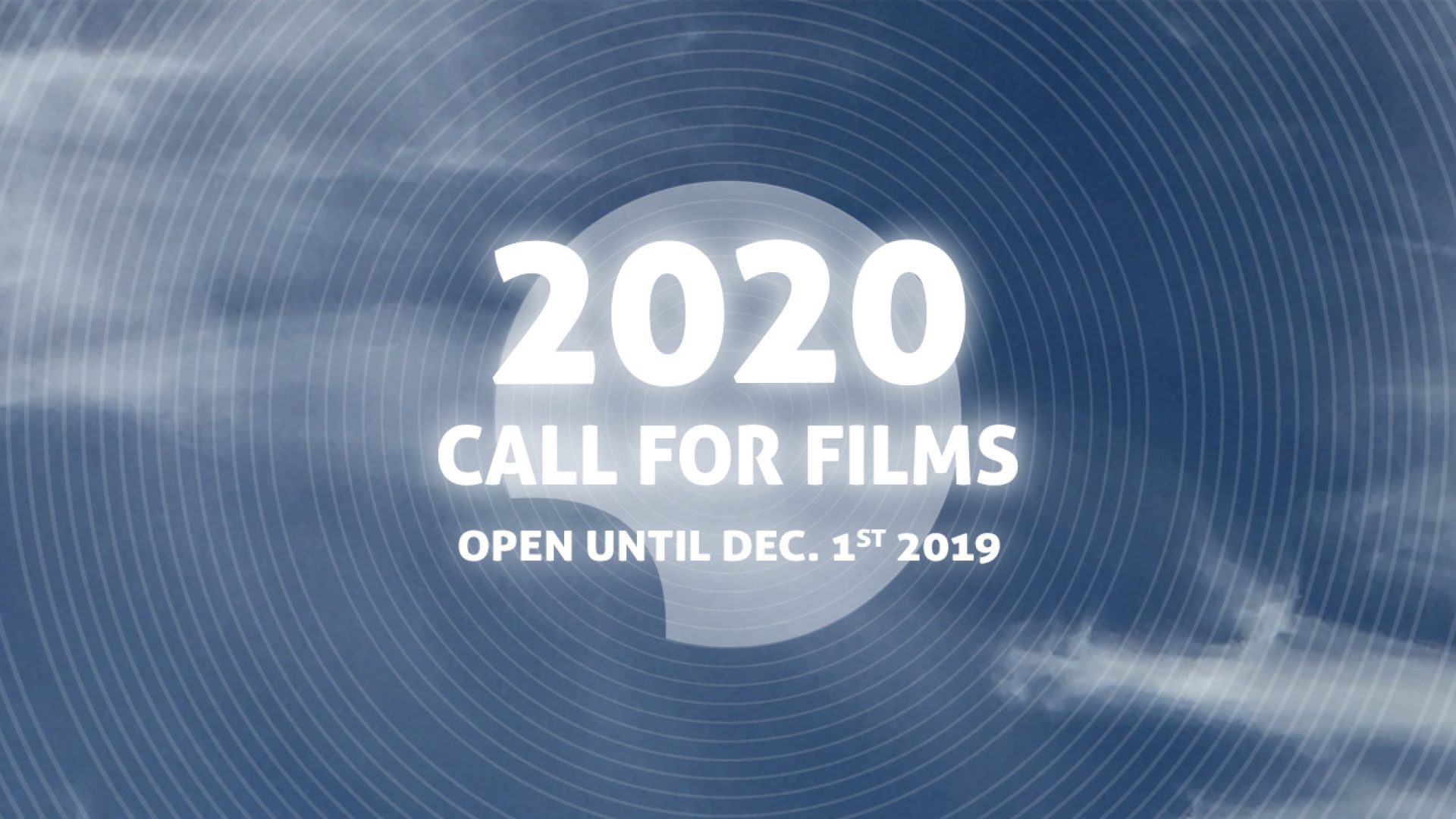IN FOCUS: RE-RENDERING PERSPECTIVES
Today more than ever, social discourses encourage us to break down familiar perspectives. Ethnocineca’s 2024 places this need for a multifaceted change of perspective at the center of its programme.
How can film contribute to challenging power structures and illuminating historically grown connections, working through traumatic life events or rethinking human-nature relationships? What are the cinematic means to do so? Which transformations have affected our view of the world and our personal biographies as a result of cultural change, social transformation, political upheaval or other external influences?
The four focus programmes of ethnocineca 2024 are dedicated to re-rendering perspectives and enable a thematically broad and differentiated approach to the power of film as initiator for change and a means to engage with viewpoints that are often relegated to the fringes.
RE-ASSEMBLING STORIES: REVEALING THE CATALYTIC POWER OF FILM
What are the ways in which a film project help us in asking ourselves personal questions, face family challenges or make the unmediated experiences of others comprehensible? How can we evoke and depict through film what cannot be experienced, grasped, or shared otherwise?
Filmmakers in this focus programme approach their emotions and those of their protagonists through dialogue, re-enactment, roleplaying, and staging. The act of filming is used as a cathartic therapeutic tool to bring to light what was hidden, to give form to the unrepresentable and to enable new perspectives on one’s own experiences. The evocative power of film unfolds in the encounters created by the camera. Film thus becomes a powerful instrument for the exploration and expression of feelings, uncertainties and fears and can ultimately open up an interpersonal space that enables people to empathise with other people’s realities and to explore one’s own emotions.
Films
RE-FRAMING IMBALANCES: EXAMINING POSTCOLONIAL (DIS)ORDERS
Imperialist and colonial pasts reverberate in global relationships and local living conditions. Their traces are inscribed in memories, bodies and landscapes and can be found in everyday practices and media representations. The films in this focus programme explore and illuminate historically formed connections along their fault lines.
In different narrative forms, they scrutinise experiences of violence, uncover power imbalances, scrutinise mechanisms of capitalist exploitation and dissect the networks of neo-colonial entanglements. Like a mirror, they uncover the one-sided politically and media-dominated sovereignty of interpretation and make visible the blind spots of historiography. In so doing, the critical analytical potential of documentary film unfolds as filmmakers use their medium to denounce the perpetuation of neo-colonial dependencies and the ways in which historical injustices are eradicated from the collective consciousness.
Films
RE-CAPTURING EMOTIONS: COPING WITH TRAUMATIC EXPERIENCES
What avenues can film establish to deal with a stroke of fate, domestic and political violence, or the trauma of war? Coming to terms with stories of suffering and traumatic events is at the heart of this focus programme. The act of speaking about repressed memories, endured suffering and ruptures in the private sphere turns into a catharsis for those affected.
The directors’ cinematic forms, narrative styles, visual language and montage are at the service of empathetic care and emancipatory self-empowerment of their protagonists. In this way, they enable the audience to empathise with the life stories of others, to understand and commiserate with what they have experienced. The four films reveal one of the most powerful faculties of documentary filmmaking, namely its ability to create a connection between the viewer and the protagonists by listening to what they have to say. It all begins with breaking the silence.
Films
RE-THINKING DEPENDENCIES: EXPLORING HUMAN-NATURE ENTANGLEMENTS
The dilemma of people distancing themselves from nature while depending on it to survive has led to the multiple planetary crises we face today. Through poetic abstraction and fictionalisation as well as the directness of activists, the filmmakers encourage us to reflect and ponder upon this ambivalence.
This focus programme is dedicated to different aspects of reciprocity between people and nature. Specific cinematic stylistic devices and techniques are used to create haunting images that open up new perspectives on the past, present and future of human entanglements with their environment. In their approach, films in this focus programme not only appeal to the urgency of rethinking, but also pose fundamental questions about our connection with the planet and its creatures.

















